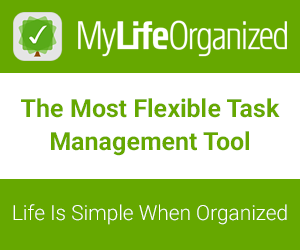There are two main ways in which family members respond when they see that their relative is suffering from addiction:
- They’ll retreat
- They’ll come to the forefront to help
This article entirely encourages the latter while understanding the reasons behind the isolation of addicts.
As a family member, you’re part of a crucially important support network through which your relative is able to access support, cash and love in a time when they’re most vulnerable. As such, you’re an incredibly important part of their recovery, and this article will help you understand how you can play the most useful and pragmatic of parts.
Start With Conversation
Addiction is taboo, both within society and within families. It has been for centuries, and nothing looks like changing all that much in the near future. The definition of a taboo is that you don’t talk about it, which means you don’t acknowledge there is addiction. That’s why having a simple conversation can seem a revolutionary first step towards recovery.
You should be frank and hard-hitting in these conversations, speaking your mind without moderating your words. If you think your relative is destroying their life, then tell them. If you’ve been worried about them for some time, tell them. They need to be confronted with the hard facts if they’re to take their problem seriously.
Make a Plan
If you’re able to convince your relative that they have a problem, then it’s time to make a collaborative plan within your family, and perhaps with the involvement of your family’s friends, to overcome addiction.
The first stage of this process should be visiting your doctor to talk about the addiction. Be there with your relative in the clinic and offer to come in to the ward if they’d like you to. Support and encouragement will be key throughout this process. The doctor will give advice, medicine and referrals where appropriate.
Entering Recovery
Finally, we have the recovery phase. There’s no absolute guarantee that your loved one will emerge on the other side completely free of their addiction, but some centers and clinics have developed some incredible resources and methods to help even those in the deepest and most hopeless of addictions.
You should find a treatment plan that fits with your relative, and discuss with them which clinic or rehab centre they should go to. Ideally, it’ll be close to friends a relatives who’ll be able to visit once in a while. But if your relative wants to be in the middle of nowhere, that’s completely understandable and, sometimes, advisable too.
After Care
Once your relative is out of their recovery phase, it’s a time for celebration. Make known your pride and joy at their recovery, and welcome them back into the bosom of your family, showing them how rich and exciting life has now become for them. Not only will this mark the end of a difficult chapter in your lives, but it’ll also cement in place your relative’s belief that they do not need to rely on substances to get through life, that there’s beauty and happiness to be found in all things, and especially the love of families.




Like this article? Share with your friends!